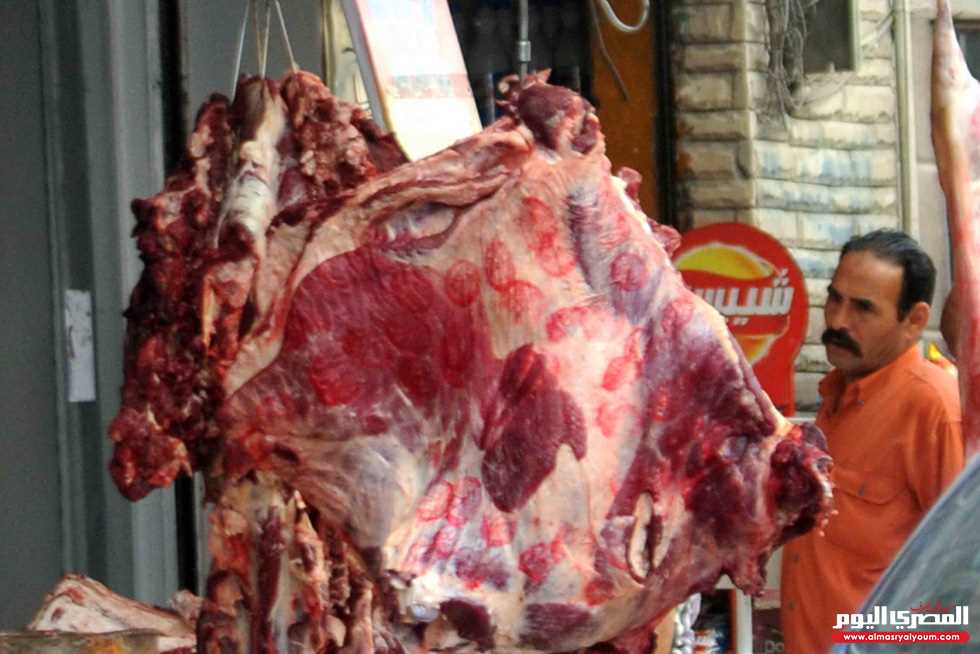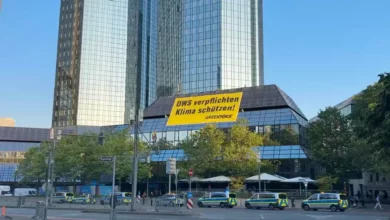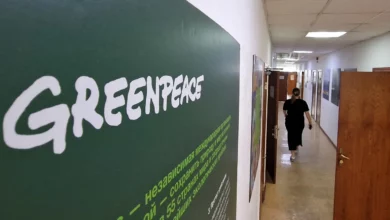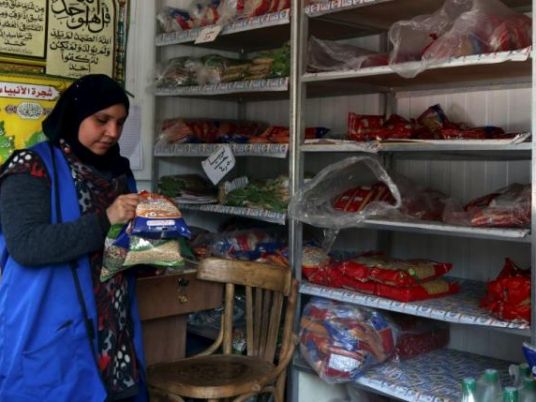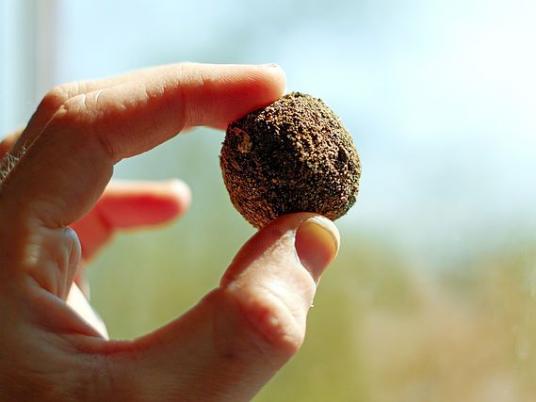
In an attempt to draw attention to the importance of preserving biodiversity and native Egyptian seeds, while reclaiming neglected or misused land in Cairo and in various governorates, environmental groups including Nawaya, Nabta, Greenpeace Egypt and 350 are collaborating to organize Egypt’s first ever seed bombing event on 20 October.
A seed bomb is made by mixing clay, compost and seeds together and rolling it in the palm of the hand to obtain a compact and fertile bundle of soil that will be thrown on land to take root and grow.
This technique, also called aerial reforestation, only works if dozens of seed balls are dropped in a single area that has sufficient sunlight, water and an acceptable amount of competition from the plants that already grow in this area.
Seed bombing is a type of green "terrorism" that has been practiced since the 1970s in the western world. The militant gardeners use land in cities and grow food and flowers to “reclaim” ownership of the environment.
About a week and a half ago, dozens of aspiring guerilla gardeners convened in Fagnoon, a farm located beside the very urbanized neighborhood of Heliopolis to learn about the importance of preserving local, organic and native Egyptian seeds in the broader context of the ongoing global food crisis.
Ahmed al-Droubi, from Greenpeace Egypt, raised the issue of seed patenting as a major threat to food security and state sovereignty. Seed patenting is one of the major components of biopiracy, which refers to the stealing of indigenous knowledge — in this case of a seed that has been grown and developed by farmers over generations — that is patented and as such is used by others for profit.
Most of seeds (and animals) subjected to patents are genetically modified, meaning that a new gene with certain characteristics was introduced in the seed’s DNA to make it resistant to insects, a particular herbicide or drought. But the spectrum of what is considered patentable also includes some normal, non-genetically modified plants.
A patent gives the owner — the patentee can be an individual or a company — the exclusive right to prevent others from making, using, selling or distributing the patented “invention” without permission for a set period of time that can reach 20 years.
When the Sinai Peninsula was annexed by Israel between 1967 and 1973, many medicinal plants native to Egypt were patented by Israel.
Medicinal plants are one of the biggest attractions for biopirates, as they represent the most lucrative biological ground for developing medicine for pharmaceutical groups.
“The reason why we are organizing this seed bombing event on 20 October is to encourage people to question the food they eat, and the way they live,” says Droubi, while overlooking the seed balling operations.
A few groups are sitting in a circle, patiently digging their fingers in the moist soil, grainy with seeds, and rolling little bundles of mud that will be left to dry for a few days. “Seed bombs are very easy to make: you need compost, clay and seeds,” explains Droubi, who adds that the seeds that are being used for the workshop are bitter orange and wheat, locally grown and organic for the most part.
“I’m German,” says onsite coordinator Ulrike Van Ruecker, “and in Germany in the 1980s we were literally brainwashed with green ideas. So I’m very excited about this initiative because I want to leave a nice planet to our children, but most importantly nice children to the Earth!” she says with a broad smile.
When questioned about her understanding of the concept of food security, Ingy Bakr, a 17 year old high school student from the American International School, said that she viewed it as “providing food for people in need.” She, along with a few others, participated in the seed balling event as part of the active citizenship class they enrolled in, for which they have to complete 40 hours of volunteer work during the year. “But I don’t know if people in the street are really going to understand the purpose of the seed bombing event that’s coming up,” she confesses.
“We need to change the rhetoric related to food,” urges Droubi. “Instead of talking about food security, which refers to people having access to sufficient, safe and nutritious food, food sovereignty has a larger scope and mentions dignity.” Coined by members of Via Campesina, an international peasant movement, the term refers to the right of peoples to define their own food system and defend a local rather than a globalized food system.
To participate or learn more about this event, join Nawaya’s Facebook group and the page “Bozoor Baladi.”

